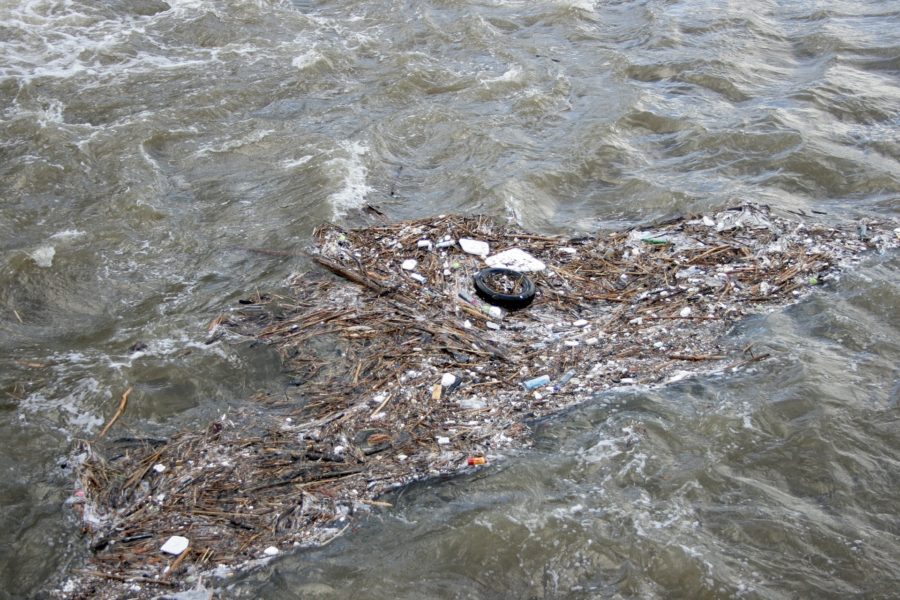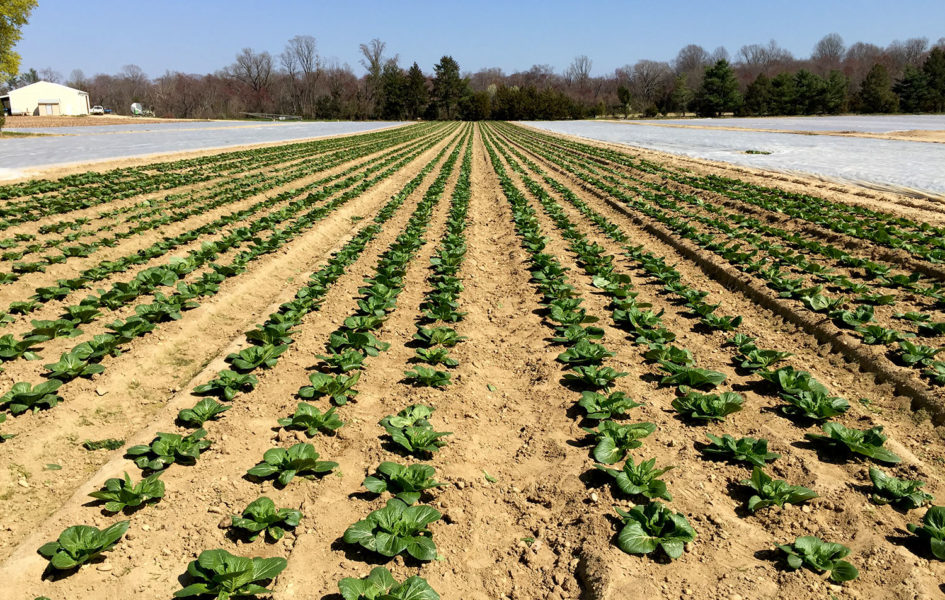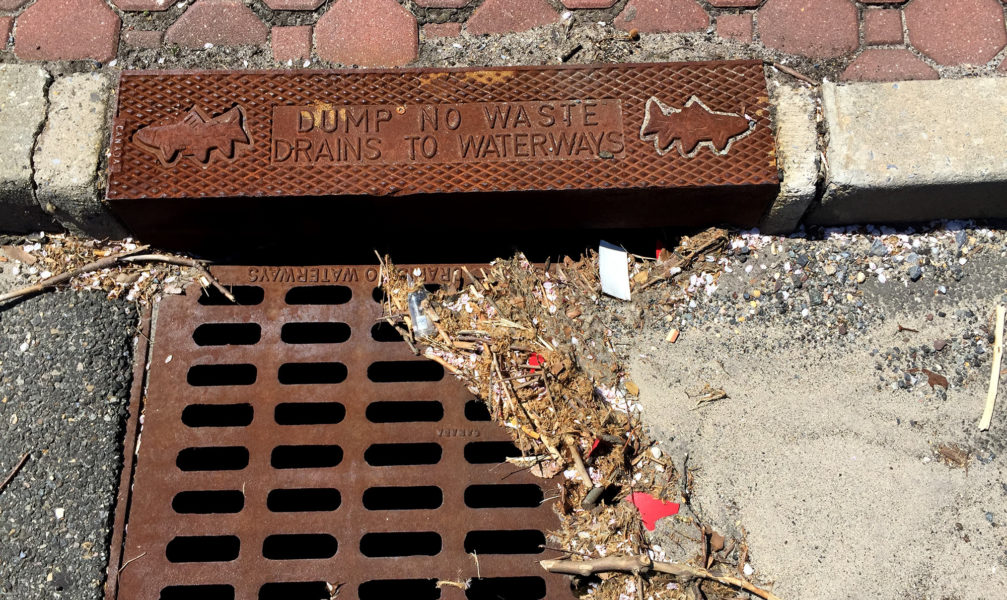Pollution in Streams and Rivers
Pollutants that enter streams, lakes, and ponds can kill or harm fish and other wildlife. And, when the pollutants reach our drinking water sources, they can harm our health as well.

Our local streams, lakes, and rivers provide us with beautiful scenery and places to boat and swim. Not to mention that they’re home to a variety of wildlife species. Some even provide us with our drinking water. Due to certain human activities, however, these waterways are becoming increasingly polluted.
What happens when waterways are polluted?
When waterways are polluted, it affects all forms of life in the area — including us. Pollutants that enter streams, lakes, and ponds can kill or harm fish and other wildlife that live there. And when the pollutants reach our drinking water sources, they can have negative effects on our health as well.
What are the types of pollution?
Human activity has caused the pollution of our freshwater resources. There are several broad categories of pollution:
Point-source pollution is that which comes from a specific, known location, such as from a drain pipe at an industrial complex or from an oil spill.
Non-point-source pollution (NPS), also called people pollution, is that which comes from no single source but rather from a variety of human activities. Herbicides, pesticides, and pet waste are all examples of non-point source pollution. NPS is the number one cause of water pollution in the state of New Jersey.
Nutrient pollution. Certain nutrients can harm our waterways. When too much nitrogen or phosphorus enters a waterway, it can cause an increase in a damaging type of algae. These are called algal blooms, and swallowing or swimming in water affected by algal blooms can cause rashes, respiratory issues, and even neurological problems. Fertilizers and certain soaps, for example, contain these damaging nutrients and spell trouble when they enter our waterways.

What’s causing the pollution of our waterways?
These are some of the biggest sources of the pollution in our lakes, streams, and rivers:
- Stormwater runoff: When it rains,
water falls on developed surfaces like lawns, sidewalks, and roads. Harmful substances, like grease and pesticides, rest on these surfaces. As the rain falls on these areas, the stormwater picks up and carries these pollutants all the way to local bodies of water. - Our activities at home: The activity of individuals at their homes causes much of the “people pollution” previously described. Fertilizers, pet waste, and even soaps and detergents contain nitrogen and phosphorus which cause nutrient pollution. Stormwater picks up these pollutants that people improperly use or dispose of and carries them to our lakes, streams, and rivers.
- Improper farming practices: Farms are a vital part of South Jersey’s economy and landscape. But when farmers poorly manage their animal feeding, manure disposal, plowing, and application of fertilizer, it contributes to our water pollution problems. Fertilizers and animal manure, in particular, both contain high levels of nitrogen and phosphorus. These excess nutrients in our waterways negatively impact wildlife as well as our water resources.
- Increased development and urbanization: Developed landscapes increase stormwater runoff. Developed surfaces — like sidewalks, roads, and compacted lawns — do not allow the rainwater to soak into the ground, which increases the amount of stormwater runoff. These surfaces also hold more harmful pollutants, such as grease and pesticides, as well. So when rainwater washes over these spaces, it picks up pollutants and carries them into our local bodies of water. Were more areas left in their natural state, rainwater would not pick up pollutants. It would soak into the ground where it could head to our aquifers in a clean, unpolluted state.

How can I help reduce waterway pollution?
Seeing as “people pollution” has such a large impact, making a few changes in your behaviors can be invaluable in reducing the pollution of our local waterways. Here are some great ways to improve the quality of your local water resources:
- Change your cleaning practices. Choose phosphate-free detergents and cleaners to help reduce nutrient pollution. Google “phosphate-free detergents,” and you’ll find several options. Only run your machine when you have a full load, and use the right amount of detergent, not more than you need.
- Dispose of pet waste properly. Always pick up after your pet and avoid walking them near waterways.
- If you’re a farmer, be sure to apply fertilizers correctly. By applying fertilizers in the right way — the proper amount, at the right time of year and with the correct method — you can significantly reduce how much fertilizer reaches our local waterways.
- Minimize your use of pesticides, herbicides, fertilizers. Search for alternatives for these products if you need them. For example, here is a list of alternatives to pesticides. And never dispose of these chemicals, motor oil, or other automotive liquids into the sanitary sewer or storm sewer systems. They will end up in our waterways.
- Conserve water. Conserving water reduces the amount of polluted water reaching our streams, lakes, and rivers. Choose WaterSense labeled products — they’re water efficient. And be sure to repair leaking faucets, toilets, and pumps, and consider taking shorter showers.
- Take your car to a car wash. Consider taking your car to a commercial car wash instead of washing it at home. Car washes are required to dispose of their waste properly.
- Build a rain garden. Rain gardens can reduce the amount of stormwater reaching waterways by 30% (CHECK THIS). Build your own or volunteer to help an organization build one. See our page (LINK) on rain gardens for more information.
- Support organizations working to protect waterways. Volunteer and donate to conservation organizations working to reduce water pollution. Some organizations in South Jersey are: South Jersey Land & Water Trust, Rutgers NAME, ETC.
Additional Resources
What You Can Do to Reduce Nutrient Pollution
What You Can Do to Reduce Non-Point Source Pollution
Water Protection for Agricultural Leaders
Agricultural Strategies for Protecting Our Waterways
